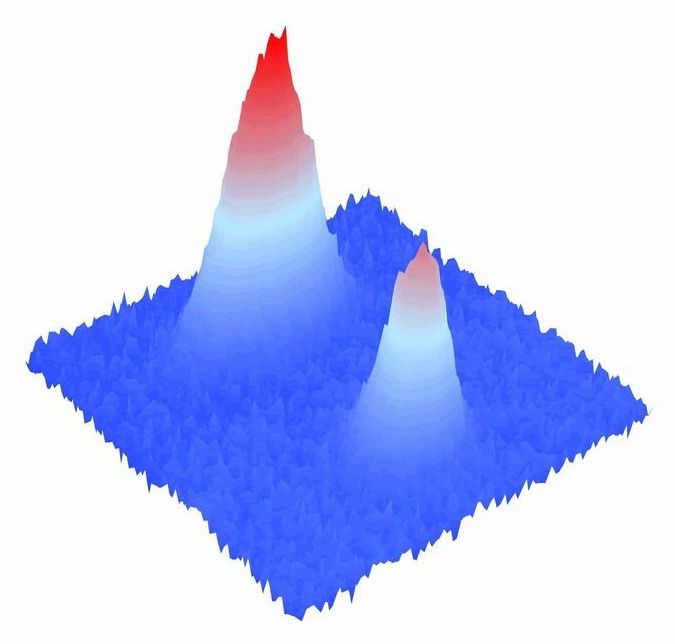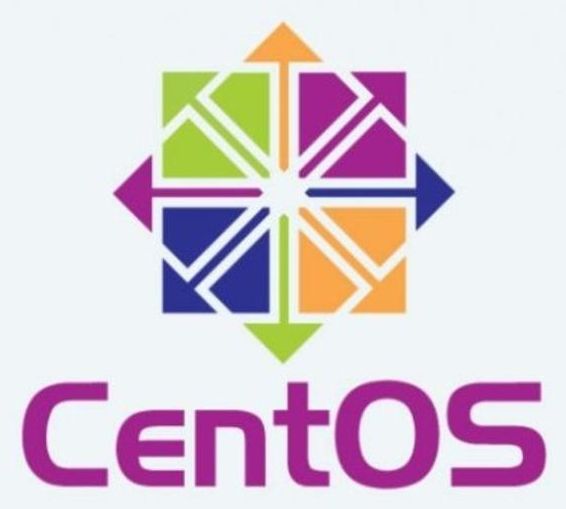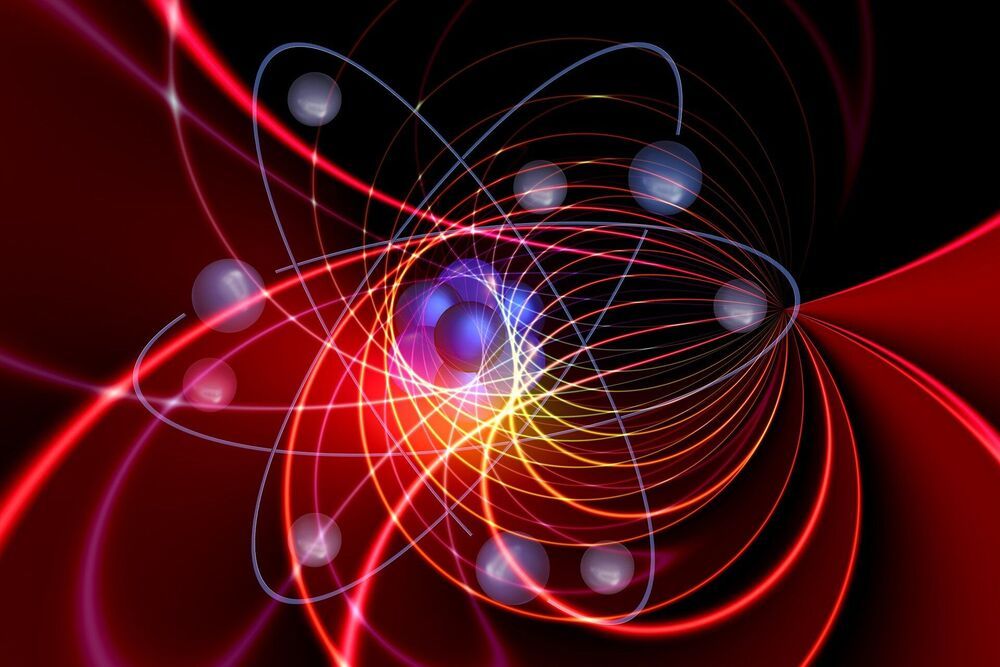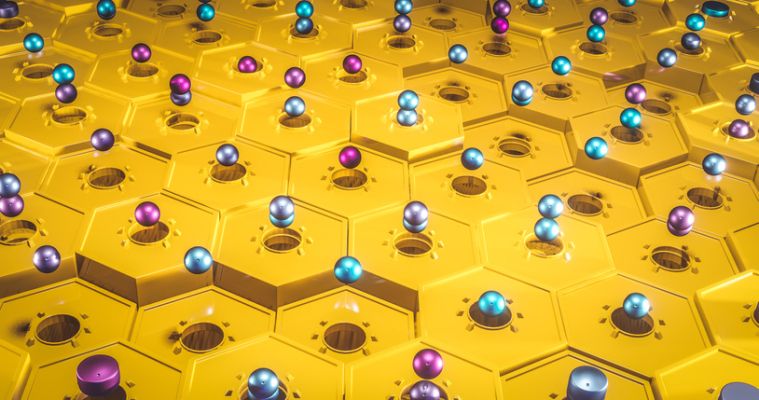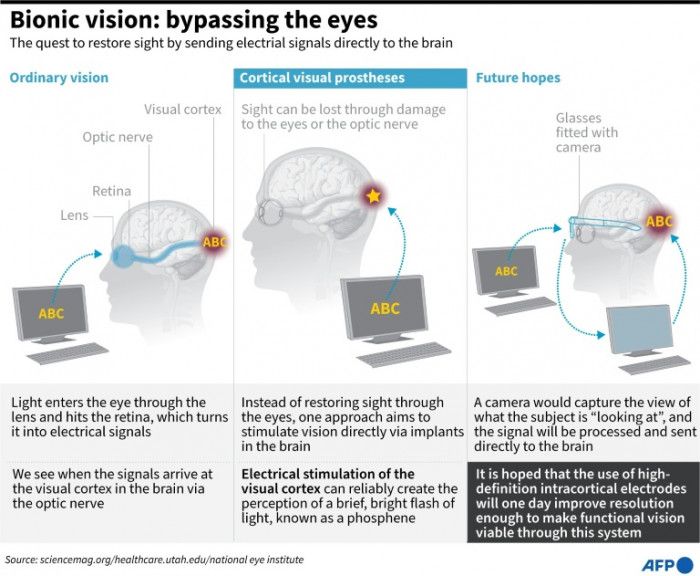Michigan State University researchers have discovered that one of the most important reactions in the universe can get a huge and unexpected boost inside exploding stars known as supernovae.
This finding also challenges ideas behind how some of the Earth’s heavy elements are made. In particular, it upends a theory explaining the planet’s unusually high amounts of some forms, or isotopes, of the elements ruthenium and molybdenum.
“It’s surprising,” said Luke Roberts, an assistant professor at the Facility for Rare Isotope Beams and the Department of Physics and Astronomy, at MSU. Roberts implemented the computer code that the team used to model the environment inside a supernova. “We certainly spent a lot of time making sure the results were correct.”

